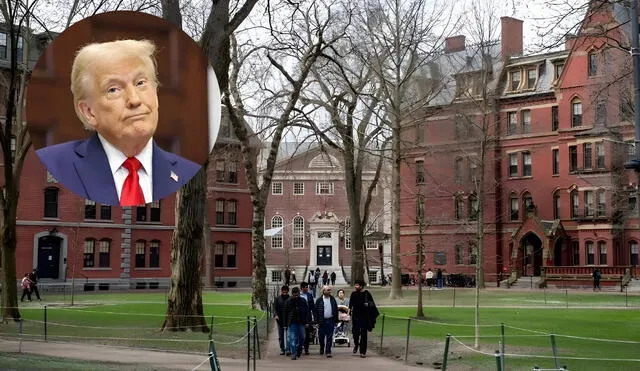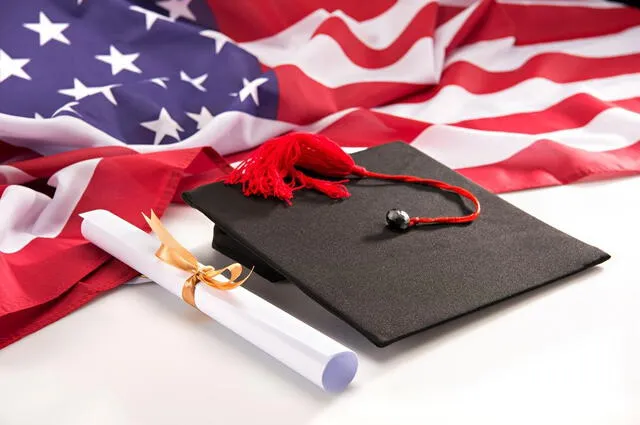Trump Administration halts Student Visa interviews, Introduces expanded Social Media vetting
The Trump Administration’s expanded social media screening for international student visas is reshaping university admissions, stirring debate over security and access. See how schools and students are adapting to these controversial new rules.

The Trump administration has directed U.S. embassies worldwide to halt scheduling new student visa interviews. This pause is part of preparations to implement comprehensive social media screening for all international applicants. A State Department cable instructs consular sections to refrain from adding any additional student or exchange visitor (F, M, and J) visa appointment capacity until further guidance is issued. The directive aims to enhance national security by reviewing applicants' online activity for potential threats.
The decision to pause visa interviews is a response to concerns over national security and the ideological leanings of foreign students. The administration has previously targeted students involved in pro-Palestinian campus protests, requiring consular officers to conduct mandatory social media reviews. These reviews aim to identify support for terrorist activities or organizations, with some interpretations suggesting that expressing support for the Palestinian cause could be considered derogatory. The new policy expands these measures to include all international student applicants. Officials plan to issue guidance on expanded social media vetting for all such applicants.
Social media visa checks spark free speech concerns, delays, and diplomatic tensions
Critics argue that the expanded social media vetting could infringe on free speech rights and disproportionately affect students from certain regions or backgrounds. They express concern that the policy may be used to target individuals based on their political beliefs or affiliations. Legal experts warn that the broad interpretation of what constitutes support for terrorist activities could lead to arbitrary denials of visa applications. There is also apprehension that the policy could strain diplomatic relations with countries whose students are affected by the new measures.
The suspension of visa interviews has already led to significant delays in processing applications for prospective international students. Universities, many of which depend on foreign students for tuition revenue, are expressing concern over the potential impact on enrollment numbers. The delay in visa processing could result in students being unable to arrive in time for the start of academic terms. Institutions are seeking clarification from the State Department on how to proceed with admissions and orientation programs.
US expands social media visa screening; Universities adjust to security and student impact
In response to the policy, some universities are considering alternative measures to support affected students. These measures include offering online courses and deferring admissions to future terms. However, these alternatives may not be feasible for all students, particularly those whose programs require in-person attendance. The financial implications for universities are also significant, as they may face reduced revenue from international students.

The Trump administration pauses student visa interviews while planning stricter social media checks for international applicants. Photo: X
The administration maintains that the enhanced vetting procedures are necessary to protect national security and ensure that foreign students do not pose a threat. Officials emphasize that visa issuance is a privilege, not a right, and that the government has the authority to deny entry to individuals who may compromise security. The State Department is conducting a review of existing operations and processes for screening and vetting student and exchange visitor visa applicants.












